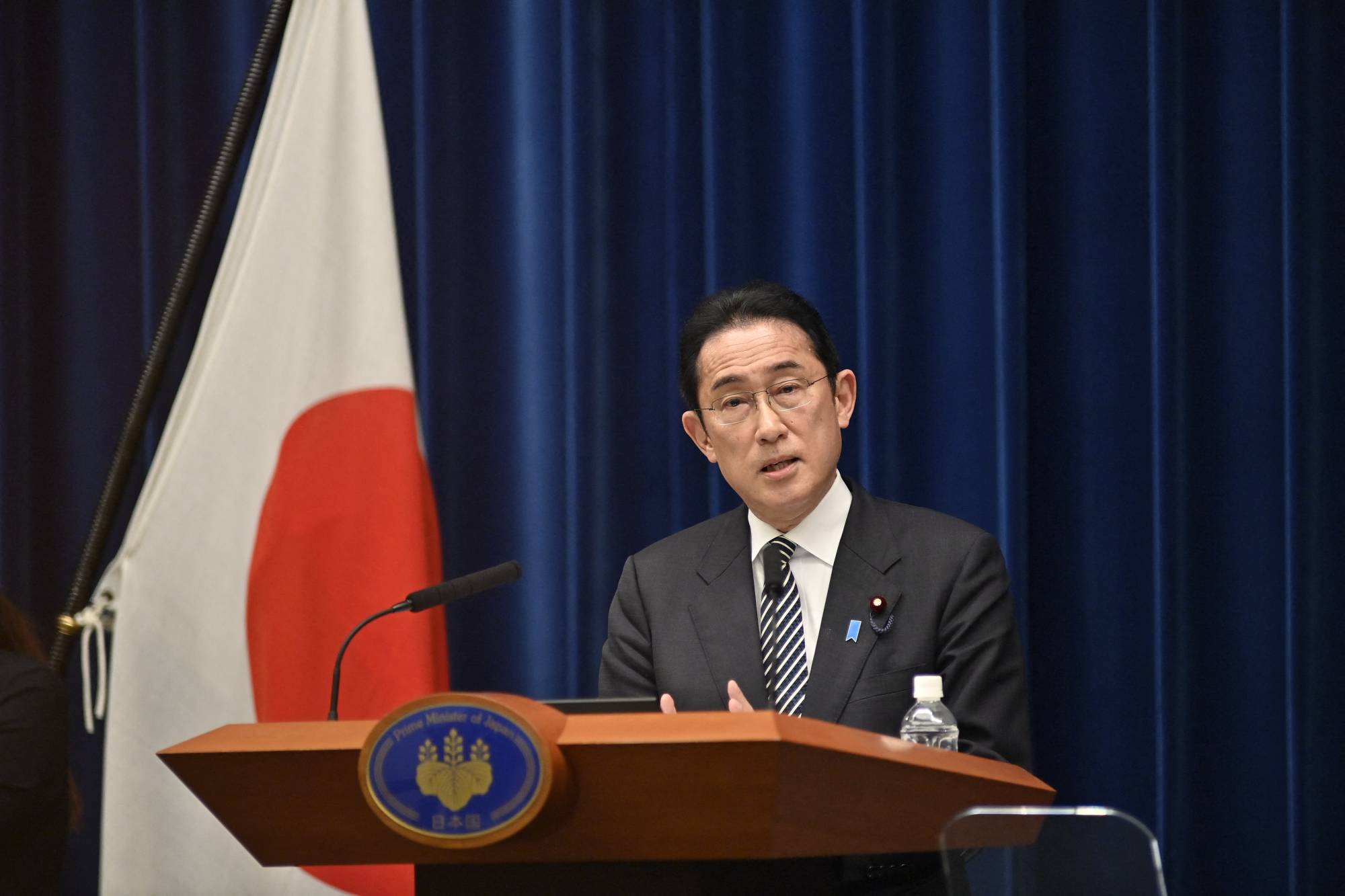Russia’s invasion of Ukraine has led to increased calls from lawmakers to revise Japan's Constitution in order to better deter an attack, forcing Prime Minister Fumio Kishida to address an issue that is gaining public attention in the months leading up to July's Upper House election.
But how much of an election issue constitutional revision will be remains uncertain, with some analysts believing that Kishida should instead focus on pocketbook issues related to high energy and commodity prices caused by the invasion.
The ruling Liberal Democratic Party has put forth proposals for constitutional reform in four areas: language that would clearly make the Self-Defense Forces constitutional; a clause that increases the government's powers in responding to national emergencies, including natural disasters; a revision that would provide free education, including higher education; and a change prohibiting the creation of Upper House electoral districts that cover two or more prefectures.



















With your current subscription plan you can comment on stories. However, before writing your first comment, please create a display name in the Profile section of your subscriber account page.